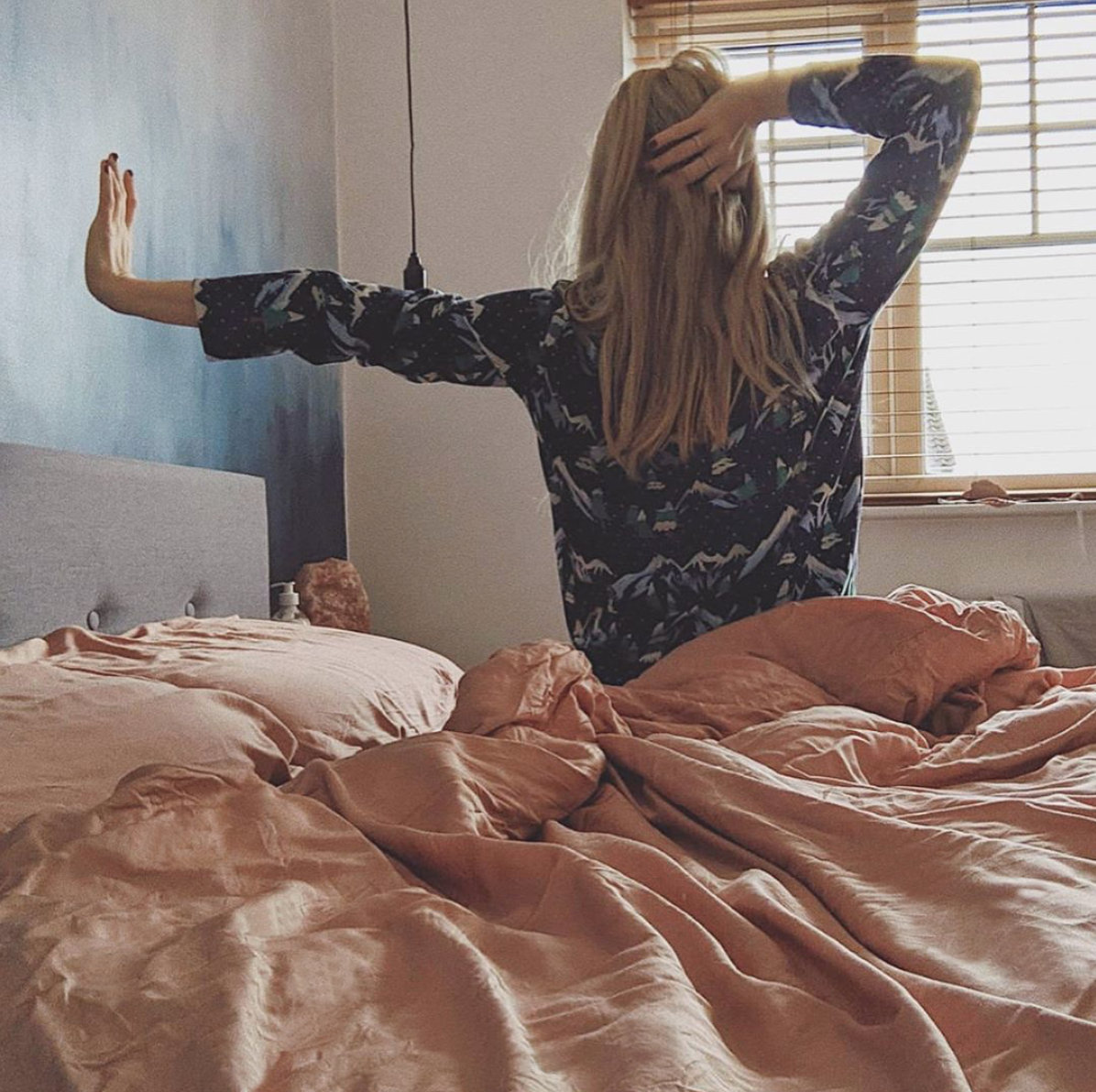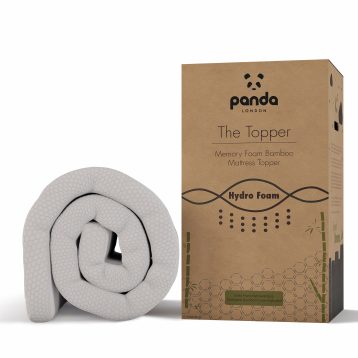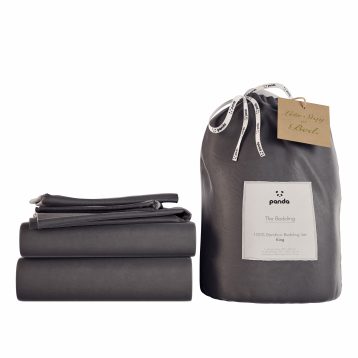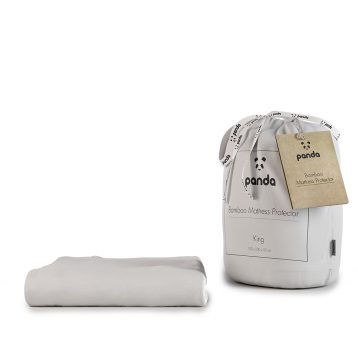How Can You Improve Your Sleep This Winter?
Last updated on December 7th, 2023 at 05:21 pm
As the winter season sets in, the colder temperatures and shorter daylight hours can bring unique challenges regarding our sleep. It’s important to address these challenges and prioritise our sleep during winter to maintain optimal health and well-being. This article will explore strategies to help you improve your sleep this winter. From creating a cosy Winter sleep environment to establishing a good bedtime routine, ensure you get the restful sleep you need during the festive season and colder months.
Creating a cosy sleep environment
One key factor in improving winter sleep is creating a warm and inviting sleep environment. Make your bedroom a cosy haven by adding soft blankets, better sheets, and plush pillows. Bamboo bedding is a great option because it reacts to your body temperature, keeping you nice and toasty! Improve insulation using heavy curtains or thermal blinds to keep cold drafts at bay. These cold-weather sleep solutions should keep you from being too chilly to drift off…
Maintain a comfortable room temperature between 15-20 degrees Celsius to promote restful sleep and keep you feeling snug. You might also want to add in some winter-friendly bedroom decor – some Christmas-themed bits, perhaps, or an extra snuggly cushion. This will all contribute to a cosy sleep during Winter.

How to establish a winter sleep routine
A consistent sleep routine, including the winter season, is crucial throughout the year. With the holidays coming up, getting yourself out of routine with all the parties, socialising, stress and so on can be easy. Try to stick to a regular bedtime and wake-up time to regulate your body’s internal clock. This is all part of improving your sleep hygiene in colder months.
Wind down before bed by engaging in relaxing activities such as reading a book or taking a warm bath – this is the perfect time of year for a steaming mug of hot chocolate and a festive novel before bed! Avoid stimulating devices or bright screens at least an hour before sleep to promote a calm transition to bedtime and keep your circadian rhythm in check. Opt for warm lighting like lamps and candles using the big ceiling light, too.
What are the dietary tips for winter sleep improvement?
What we eat can impact our sleep quality. In Winter, focus on incorporating sleep-friendly foods into your diet to help where you can and don’t snack too close to bedtime. Include foods rich in tryptophan, such as turkey, nuts, and seeds, as it helps promote the synthesis of melatonin, the sleep hormone. Limit caffeine intake in the afternoon and evening to avoid interfering with sleep – and be aware of how much alcohol you’re consuming at this time of year. It is important to stay hydrated by drinking enough water throughout the day, but manage fluid intake closer to bedtime to prevent disruptions.
Managing winter sleep challenges
Winter can bring specific sleep challenges, such as increased snoring or difficulty breathing due to dry air or allergies. Consider using a humidifier to add moisture to the air and reduce nasal congestion – this can help matters. If allergies are a concern, keep the bedroom clean and free from dust or allergens, and consider using allergen-proof bedding like soft bamboo sheets. If snoring persists (whether from you or your partner!), consult a healthcare professional for guidance or look into ways to prevent it.
SAD can be an issue during the Winter – this stands for Seasonal Affective Disorder, brought about by the darker and more miserable weather. If you’re struggling, you can invest in a phototherapy lamp, and be sure to do things that bring you joy! These lamps can also help increase darkness’s impact on your circadian rhythm, so they’re a great idea.
Physical activity and winter sleep
Regular physical activity promotes better sleep, even in Winter, and helps to keep you fit and healthy despite it being the season of overindulgence. Engage in Winter-friendly exercises such as indoor workouts, yoga, or brisk walks outdoors during daylight hours. Regular exercise can help regulate sleep patterns, reduce stress, and improve sleep quality. You’ll feel much better for it!
Technology and sleep in winter
The temptation to spend more time on electronic devices is heightened during the Winter months when it feels too cold to be out and about or you have more time off work. However, it’s important to limit screen time before bedtime as the blue light emitted by these devices can interfere with melatonin production, making it harder to fall asleep. Create a technology-free wind-down routine to prepare your mind and body for restful sleep.
You should, however, make use of smart technology that improves sleep such as white noise, sleep tracking apps, and gadgets to control your lights, heating and so on. It’s not a necessity, but it can definitely help.
Managing stress and winter sleep
Winter can be a stressful time, with holiday pressures and seasonal demands. High-stress levels can disrupt sleep patterns, so be sure to incorporate stress-management techniques such as meditation, deep breathing, or journaling into your Winter routine to alleviate stress and promote relaxation before sleep. Enjoy some Winter relaxation for better sleep, and stay cosy. This time of year is supposed to be enjoyed, so try to eliminate stress where you can and enjoy this special time with your loved ones.
Enhancing sleep quality in winter
Sleep improvement in winter is so important to your overall health and well-being, as this time of year is when we see an increase in colds, flu, stress, tiredness, and more. With that in mind, be sure to prioritise sleep and rest by incorporating good Winter bedtime habits, upgrading your bedding for something warmer, and doing what you can to keep your circadian rhythm where it should be. We’re wishing you a happy festive season, and hopefully these Winter sleep tips will make it even better!
Explore our range:
Bamboo Mattress Topper
Rated 4.97 out of 5£99.95 – £199.95Memory Foam Bamboo Pillow
Rated 4.96 out of 5£44.95100% Bamboo Bedding
Rated 5 out of 5£19.95 – £180.00Bamboo Mattress Protector
Rated 5.00 out of 5£19.95 – £50.00





